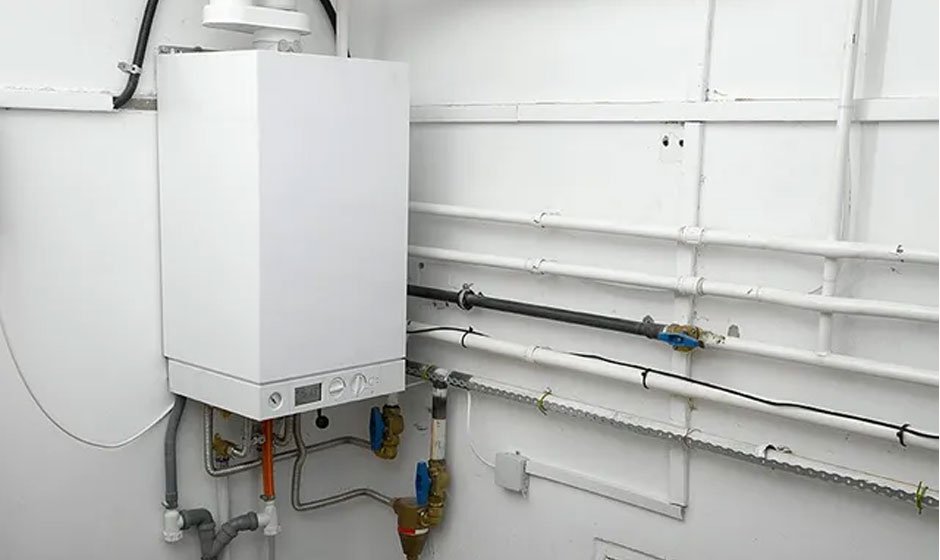Identifying Signs of Hot Water Heater Problems

Introduction: Understanding the Importance of Early Detection
Water heaters are one of the essential appliances in modern homes, which provides comfort and convenience for daily activities such as bathing, cooking, and cleaning. Like other household appliances, water heaters can develop issues that affect their performance and efficiency over time. Recognizing the hot water heater problems symptoms is crucial for homeowners to address issues promptly and prevent potential damage or inconvenience.
Inadequate Hot Water Supply: An Early Indicator
One of the first signs of hot water heater problems is a decrease in the availability of hot water. If you notice that your hot water supply is running out more quickly than usual or if the water temperature fluctuates unexpectedly, it may indicate a problem with your water heater. Various issues, including sediment buildup in the tank, a malfunctioning heating element, or a faulty thermostat, can cause inadequate hot water supply. Paying attention to changes in hot water availability can help you identify potential problems early on.
Unusual Noises: Indicating Mechanical Issues
Another common sign of water heater problems is the presence of unusual noises coming from the appliance. If you hear popping, rumbling, or banging sounds from your water heater, it may be a symptom of sediment buildup at the bottom of the tank. Sediment buildup causes the heating element to overheat and create steam bubbles, resulting in loud noises. Ignoring these noises can further damage the tank and reduce the appliance’s lifespan. Therefore, addressing unusual noises promptly is essential to prevent potential issues.
Leaking or Dripping Water: Warning of Potential Damage
Leaking or dripping water around the water heater’s base is another sign of potential problems. A leaky water heater can indicate various issues, including a corroded or damaged tank, loose fittings, or a faulty pressure relief valve. Small leaks can also lead to significant water damage if left unaddressed, so it’s important to investigate and repair leaks as soon as they are detected. Ignoring leaks may result in costly repairs and damage to surrounding structures.
Rusty or Discolored Water: A Cause for Concern
If you notice discolored water coming from the water taps, it may indicate corrosion inside the tank or pipes. Corrosion can occur over time due to exposure to minerals and sediment in the water, leading to rust buildup and discoloration. In addition to being unsightly, rusty or discolored water can affect the quality of your water. If you observe rusty or discolored water, it’s essential to have your water heater inspected and serviced by an expert to determine the cause and address any underlying issues.
Foul Odors: Signifying Bacterial Growth
Foul odors from your hot water taps can signify bacterial growth inside the tank. Bacteria thrive in warm, moist environments, making water heaters susceptible to contamination. If you notice a foul odor resembling rotten eggs or sulfur coming from your hot water, it may indicate the presence of bacteria such as sulfate-reducing bacteria. Ignoring foul smell can lead to health risks and unpleasant water quality, so it’s important to address the issue promptly through proper cleaning and disinfection of the water heater.
Conclusion
In conclusion, identifying hot water heater problems symptoms is essential for homeowners to maintain the performance and efficiency of their appliances. Inadequate hot water supply, unusual noises, leaking or dripping water, rusty or discolored water, and foul odors indicate potential issues with your water heater. By paying attention to these signs and addressing problems promptly, homeowners can prevent costly repairs, extend the lifespan of their water heaters, and ensure a reliable hot water supply for their daily needs.



